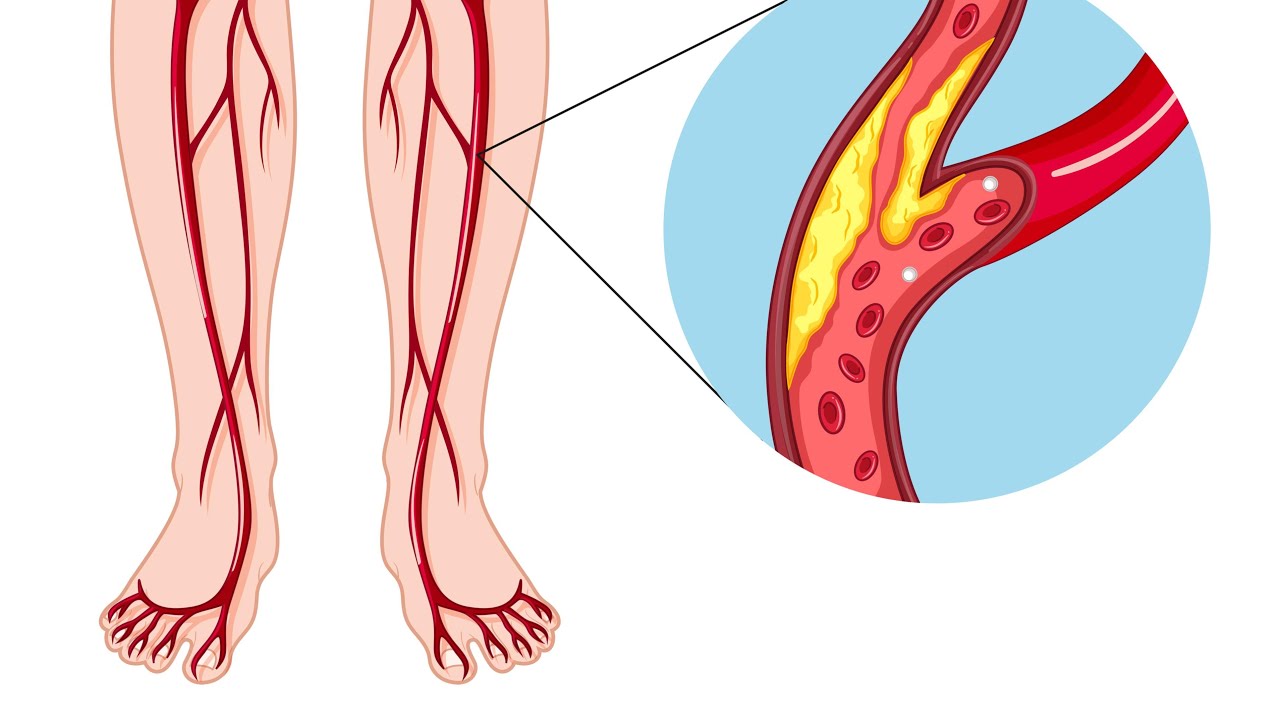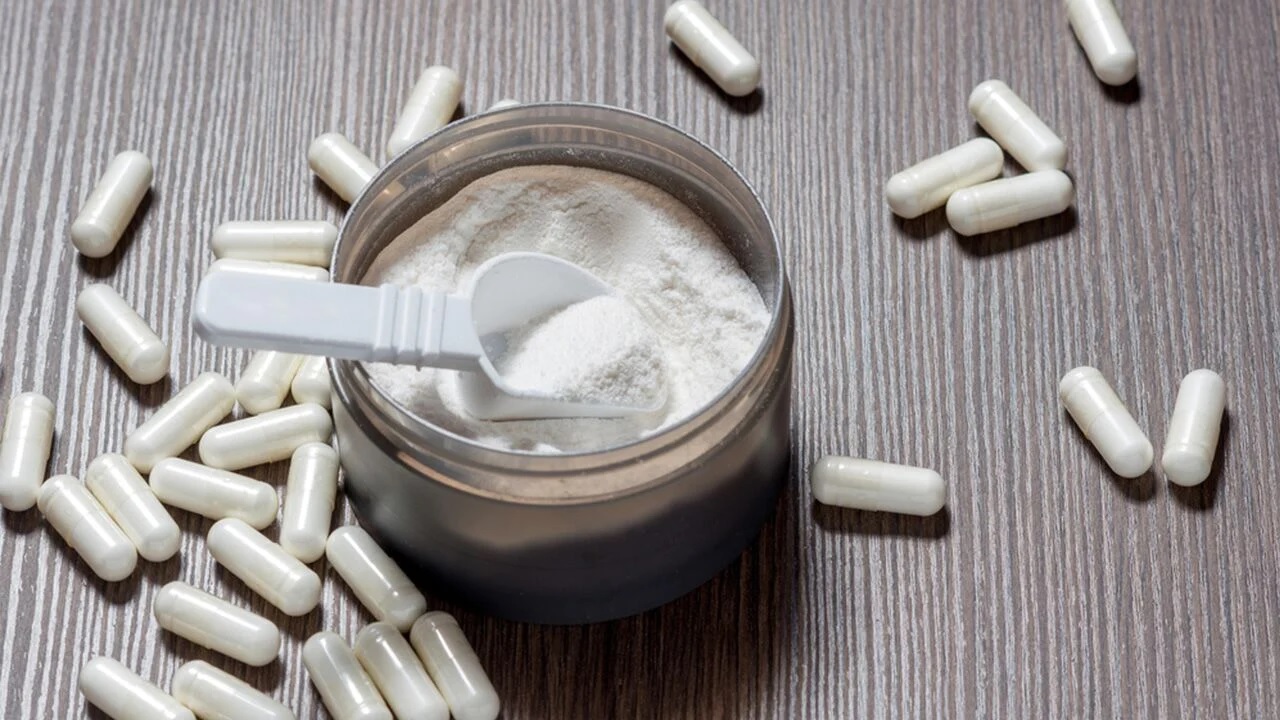L-Arginine, which is one of the indispensable amino acids for the body to create protein, is produced naturally by our body, as well as many foods, but especially athletes sometimes take additional L-Arginine supplements for performance increase. So how healthy is this? Let’s take a closer look at what L-Arginine is, what it does, and let’s see its harms and benefits in detail.
Our body is like a functioning machine, and many of us do not know the important parts of this machine. For example, have you heard of L-Arginine, which is an essential amino acid for the formation of protein, which is extremely important for us? Without L-Arginine, protein formation would not be possible in our body, and even in the case of a deficiency of such an amino acid We had many health problems.
Of course, the body produces such an important amino acid on its own. Not only that, we also get L-Arginine from many of the foods we consume. However, sometimes, especially athletes, the amount of amino acids they take naturally is not enough and they take it as an additional supplement. So how healthy is this? L-Arginine what is it, what does it do Let’s take a closer look and see in detail the harms and benefits it brings.
First, what is L-Arginine actually?
L-Arginine is one of the 20 essential amino acids that make up the structure of proteins. It is an essential amino acid for protein formation in mammals. Our body naturally produces the required amount of L-Arginine for us. In addition, we can get this amino acid from many different animal foods. In cases where all these are not enough, additional L-Arginine supplement can be taken. Many athletes use additional L-Arginine supplements for performance enhancement.
What does L-Arginine do?
L-Arginine is one of the most basic amino acids that make up protein, so if there is no L-Arginine, protein is meaningless. Another important effect of L-Arginine amino acid is It opens and widens our blood vessels. Due to this feature, it is used for treatment purposes in heart diseases and disorders such as erectile dysfunction.

Foods containing L-Arginine:
- The fish
- Red meat
- Poultry
- Soy
- Whole grains
- legumes
- Dairy products
Here are some of the foods that contain L-Arginine amino acid. In fact, when we look at this list, we see that Foods with plenty of protein naturally also contain L-Arginine. In other words, when you regularly consume protein naturally, you get L-Arginine along with all the amino acids found in protein.
What are the benefits of L-Arginine?

Benefits on chest pain:
Due to heart disease, vascular disease or a different ailment people who experience frequent chest pain Studies conducted on L-Arginine have shown that regular use and consumption of L-Arginine increases the quality of life by reducing the severity of chest pain.
Benefits on hypertension:
Those with hypertension, that is, high blood pressure, those whose blood pressure is very high, albeit occasionally, It has been observed that blood pressure, which is quite high in diabetics and those with lung problems, decreases and stabilizes after regular use and consumption of L-Arginine.
Benefits during pregnancy:
L-Arginine, which has a positive effect on high blood pressure occurring during pregnancy, also It is also good for a condition called preeclampsia.
Benefits on erectile dysfunction:
Erectile dysfunction or popularly known as the most basic cause of sexual impotence is the narrowing of the penile vessels and their inability to swell by filling with blood. L-Arginine amino acid has a healing effect when used in the treatment process, as it has the ability to dilate blood vessels.
Benefits on circulation:
due to many different reasons, blood vessels may narrow or clogged in different ways. This causes circulatory disorders. It has been observed that the L-Arginine amino acid supplement used in the treatment process regulates blood circulation.

What are the harms of L-Arginine?
L-Arginine is generally considered safe and harmless, as it is a natural amino acid found in protein. However It is the amount of use that makes even the healthiest thing harmful. Your body produces it, you take it with food, if it is not enough, if you take it as a supplement, it will be harmful. The correct consumption dose will be determined by your doctor. Additional L-Arginine supplementation may have the following effects;
- Nausea
- Stomach ache
- Diarrhea
- Swelling
- Gout
- Headache
- allergic reactions
- increase in asthma symptoms
These reactions that occur when you take additional L-Arginine supplements may not seem so important. However if you have recently had a heart attack, If you have an allergic body, asthma, herpes, do not neglect to consult a specialist doctor before using additional L-Arginine supplements.
Considerations when using supplemental L-Arginine supplements:
- Do not use with drugs that prevent blood clotting.
- Do not use with drugs that lower blood pressure.
- Do not use with diabetes medications.
- Do not use with heart and chest pain medications.
- Do not use with erectile dysfunction medications.
The amino acid L-Arginine has specific effects on the body. If you are already using a drug that has this effect And if you take L-Arginine supplements on top of it there will be a much stronger effect, and unfortunately, even permanent health problems may occur as a result.

Does L-Arginine make you gain weight?
The amino acid L-Arginine, one of the basic building blocks of protein, both makes you gain and lose weight. However simply using additional L-Arginine supplements is completely useless. You can gain and lose weight in a much healthier way by adding natural L-Arginine to your regular sports and diet plan for weight loss or weight gain.
Conclusion: Should we use supplemental L-Arginine?
L-Arginine is an amino acid that is produced by our body and can be obtained naturally from food. Additionally, it is not recommended to take L-Arginine supplements. However, if you have a health problem, if the L-Arginine you take or produce is not enough, or if you are a professional athlete, this is very important, you can take additional L-Arginine supplement by consulting your doctor. Your doctor will adjust the required dose.
One of the amino acids that make up the basic building blocks of protein What is L-Arginine, what does it do We talked about the benefits and harms of L-Arginine by answering frequently asked questions. What we describe is for informational purposes only. Do not forget that you should get the most accurate and specific information about the subject from a specialist physician by applying to the nearest health institution.
RELATED NEWS
